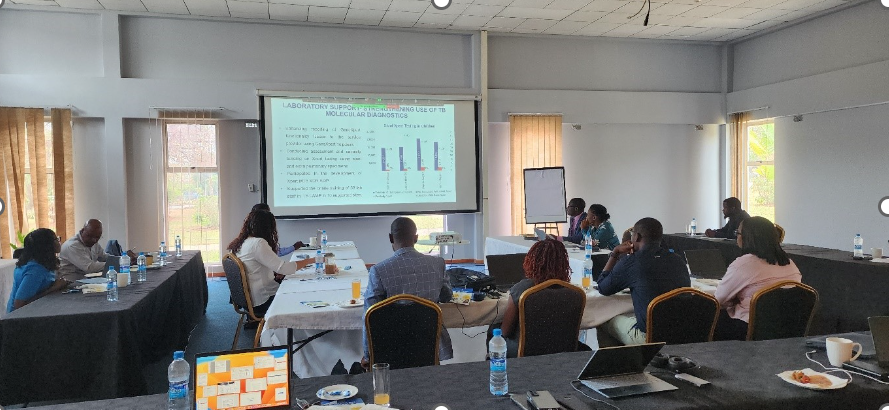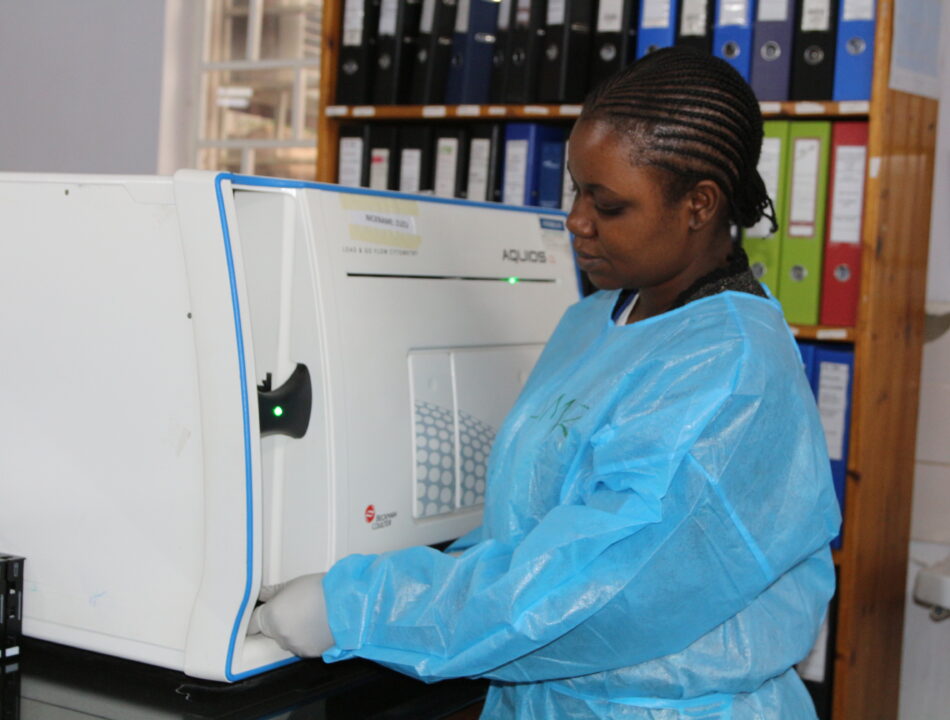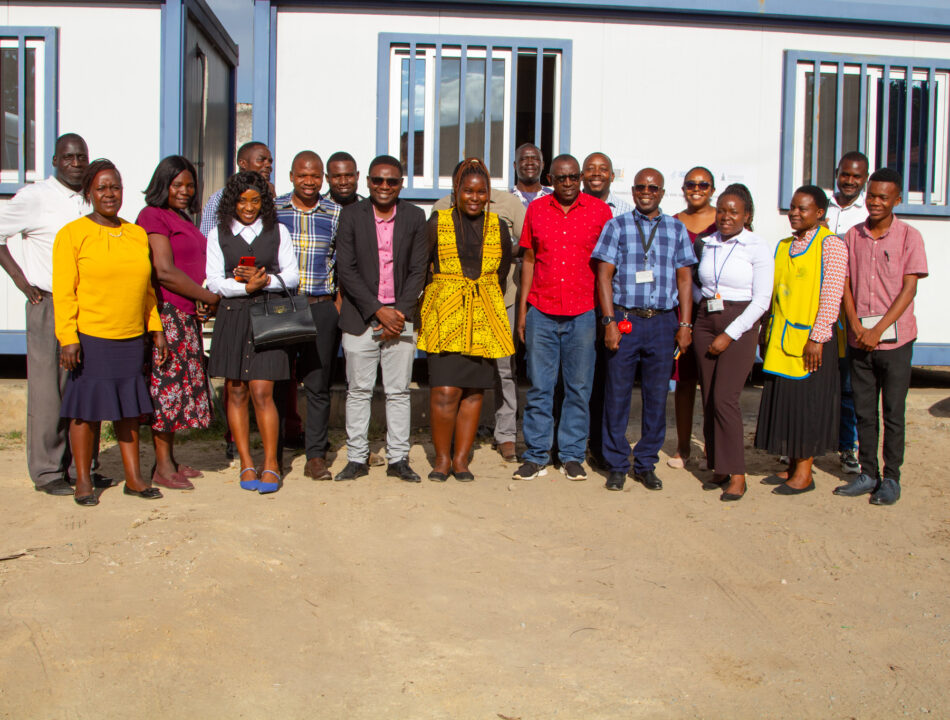
Enhancing Accessibility and Effectiveness of Hand-Washing Technologies for Improved Public Health in Zambia
October 29, 2024
CIDRZ’s USAID-TBLON Project Enhances TB Management in Zambia’s Correctional Facilities.
November 1, 2024The United States Agency for International Development Tuberculosis Local Organisations Network (USAID-TBLON) Chief of Party, Dr Mary Kagujje, has said that Drug-resistant tuberculosis (DR-TB) patients could now be placed on a shorter treatment regimen called BPaL/M with fewer tablets in 2024.
The regimen, which requires only seven (7) tablets daily, replaces the previous MDR-TB regimen, which required 21 tablets daily.
The new regimen signifies a reduction in the duration of treatment and the number of tablets per day required for the treatment of drug-resistant tuberculosis (DR-TB). BPaL/M (bedaquiline (B), pretomanid (Pa), linezolid (L) and moxifloxacin (M)) is a six-month, all-oral treatment regimen composed of bedaquiline, pretomanid, and linezolid, with or without moxifloxacin.
Dr. Kagujje who made the remarks at the USAID-TBLON Annual Performance Review Meeting for the Financial Year 2024 in Lusaka, said that the BPaL/M regimen which is proven to be safe, more effective, and a quicker treatment option than the previous MDR-TB treatment procedure is intended to address the challenge of adherence among DR-TB patients due to the ‘pill burden’ (which is the number of tablets, capsules, or other dosage forms that a person takes daily).
“In addition to the significant reduction in pills, the BPaL/M regimen has a shorter duration of treatment compared to previous regimens, which represented a high pill burden,” she said.
The USAID-TBLON Project, implemented by the Centre for Infectious Disease Research in Zambia (CIDRZ) in support of the Ministry of Health, has made strides to roll out BPaL/M in Zambia. For many Zambians, the daily regimen of multiple TB pills is overwhelming, leading to missed doses and incomplete treatment courses. This not only hampers recovery but also increases the risk of developing extensively drug-resistant TB strains.
Speaking from Solwezi District in Northwestern Province, USAID–TBLON MDR-TB Coordinator Mr. Marshal Sikandangwa said that the USAID-TBLON project has implemented several innovative strategies to improve adherence besides the shorter treatment regimen.
“The USAID-TBLON project has established support groups and counseling services to provide patients with the emotional and psychological support needed to adhere to their treatment plans,” said Mr. Sikandangwa.
Mr. Sikandangwa added that the project has trained community health workers to educate patients on the importance of adherence and visit patients’ homes to ensure they take their medication correctly. These efforts are intended to increase treatment adherence rates among TB patients in Zambia.
USAID-TBLON, in support of MoH, is making a lasting impact in the fight against TB by focusing on patient-centred approaches, leveraging technology, and working towards innovative solutions to reduce the pill burden and improve the quality of life for TB patients in Zambia.




